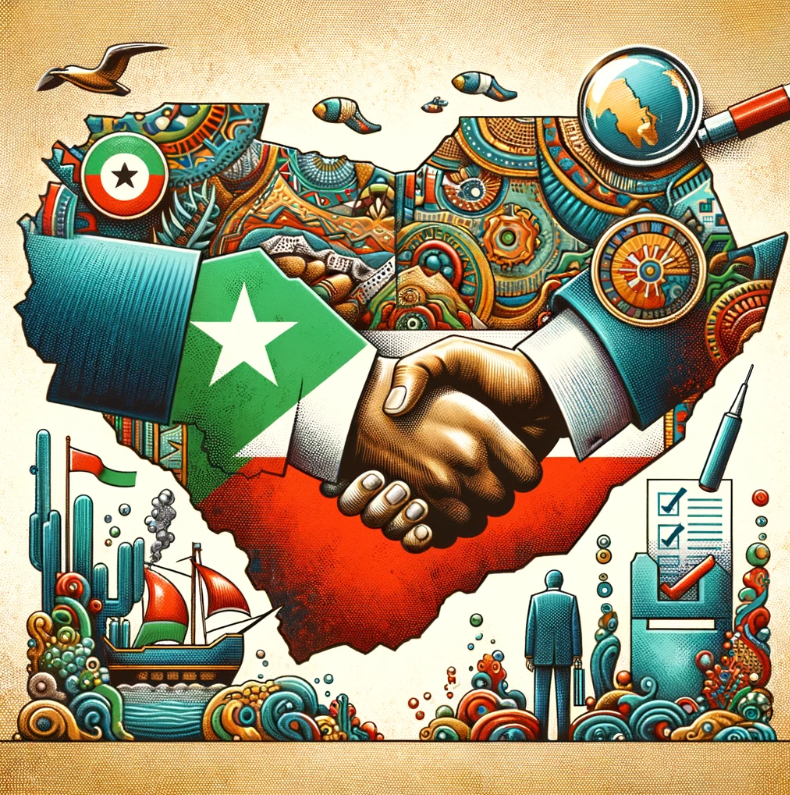While some attribute these manoeuvres to President Bihi's style, others see it as a result of Somaliland's ability to leverage its democracy in geopolitical affairs. With the absence of international recognition for more than three decades but with regular electoral cycles, Somaliland has facilitated the country's capacity for significant diplomatic shifts during a presidential term. These shifts serve as a discussion point for electoral campaigns, positioning Somaliland’s democratic process as both a catalyst for change and a safeguard for its foreign relations.
Beyond Taiwan and Ethiopia, the examples are many. For example, notable Israeli commentators have been vocal in supporting Somaliland’s bid for recognition. Furthermore, political analyst Andrew Korybko highlighted the possibility of a Somaliland engagement with Russia following the MoU with Ethiopia, a member of the BRICS coalition. It is crucial to understand that Somaliland is distinct from nations like Eritrea, Iran, or Syria. In Somaliland, if a president errs say by forming relations with say Cuba, the next president can rectify such mistakes. This adaptability presents challenges even for experienced Western diplomats who are not used to agile diplomatic approaches of an unrecognised, yet strategically situated democracy.
